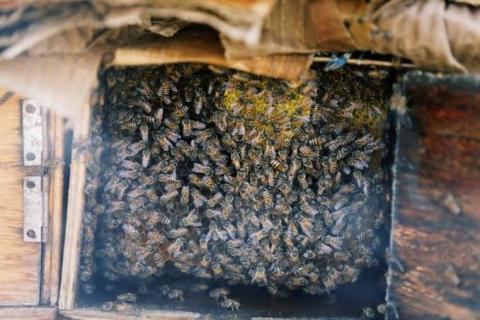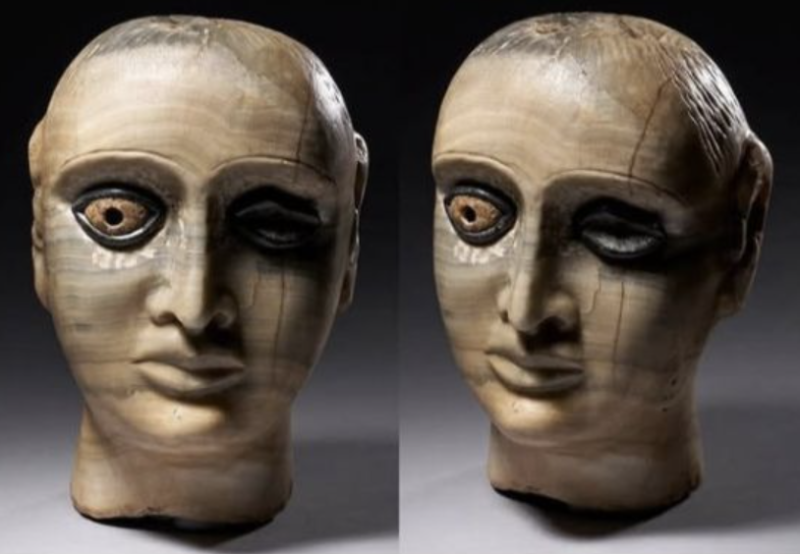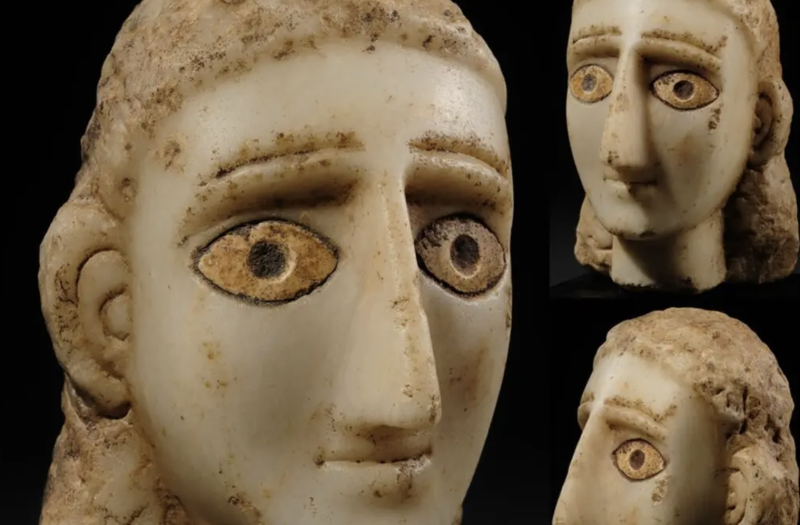UN experts withdraw corruption claims against Yemen central bank


A UN panel has retracted money laundering and corruption claims against Yemen’s central bank, according to a government official.
In January, the UN Panel of Experts on Yemen accused the Aden-based institution of embezzling funds from a hefty Saudi deposit, which was allocated for buying food, and helping Yemeni conglomerates to rack up millions of dollars in profits.
Last week, after an internal review, the experts informed the government they were withdrawing their accusations about the central bank and promised to update the report.
“They informed us about the withdrawal of their accusations on March 25,” the government official told Arab News on Monday, speaking on condition of anonymity because he was not authorized to brief reporters.
The experts’ accusations caused uproar in Yemen, prompting the government to assign an international auditing company to look into the financial activities of the central bank and accusing the panel of using a wrong mechanism during its investigation.
Parliament also formed a committee of financial officials to investigate the accusations.
The government said that the Saudi deposit had alleviated the humanitarian crisis, helped steady the Yemeni riyal and lower the price of foodstuffs.
In its report on Friday, the Sanaa Centre for Strategies Studies said it had found “serious” flaws in the UN report regarding the government’s management of the Saudi deposit and its impact on the stability of the local currency and food prices.
“While Yemenis have suffered from currency depreciation and price inflation throughout most of the conflict, they received a relative reprieve from the end of 2018 to the end of 2019, when the average price of a minimum food basket decreased slightly year-on-year and the Yemeni riyal exchange rate was generally stable,” the report said, responding to the panel’s assertions that the central bank’s management of the deposit did not benefit the Yemeni people and did not lead to a decrease in prices.
The center demanded that the UN Panel of Experts on Yemen “immediately” fix errors in its report, review the mechanism that had led to their wrong conclusions and seek help from Yemeni financial experts.
The retraction came as fighting between government forces and the Houthis intensified in the central province of Marib and the western province of Hodeidah, state media said on Monday.
In the province of Marib, the government’s Executive Unit for IDP Camps said that nine displaced people, including seven women, were wounded when a barrage of shells and rockets fired by the Houthis ripped through three displacement camps in the province on Sunday.
The unit urged the UN Special Envoy for Yemen Martin Griffiths and international aid organizations to pressure the Houthis to stop attacking the camps in Marib.
It said that more than 17,000 people had been displaced from homes and camps since last month, when the Houthis launched a major offensive to capture Marib city.
“We demand all human rights and humanitarian organizations and the relevant authorities to visit the (targeted) camps to document violations,” the unit added.
Fighting also broke out in the Red Sea city of Hodeidah, where government forces repulsed a Houthi attack at Kilo 16, which links the city with Sanaa.

PARIS — The French auction house Placas has announced the upcoming sale of a rare South Arabian alabaster funerary head, believed to originat…

Mukalla — Yemen is set to host its first-ever National Falcon Auction on November 15 in the coastal city of Mukalla, coinciding with World Fa…

Sana'a – A rare alabaster statue believed to depict the head of a princess from the ancient Kingdom of Saba is set to be auctioned in Vienna…